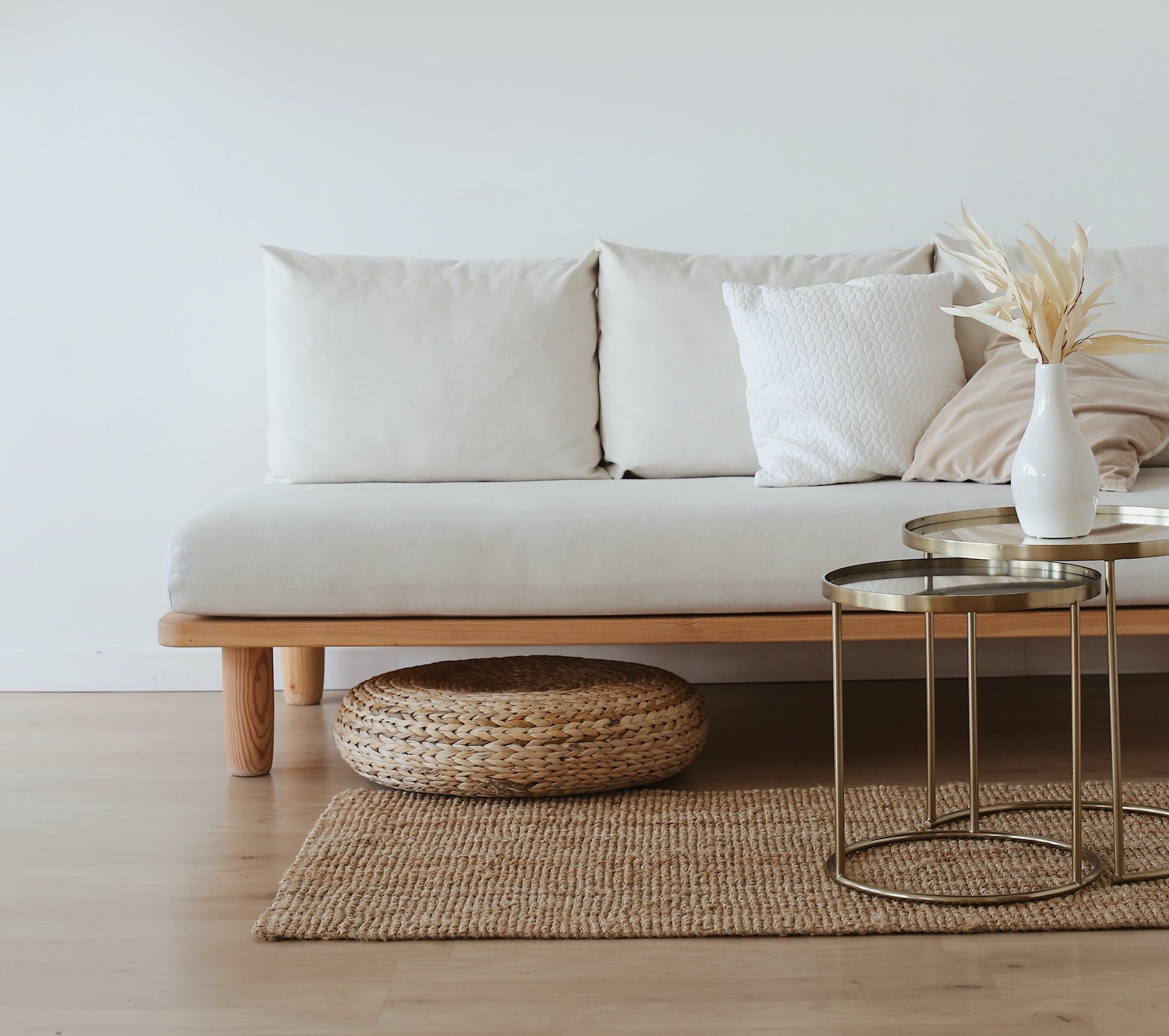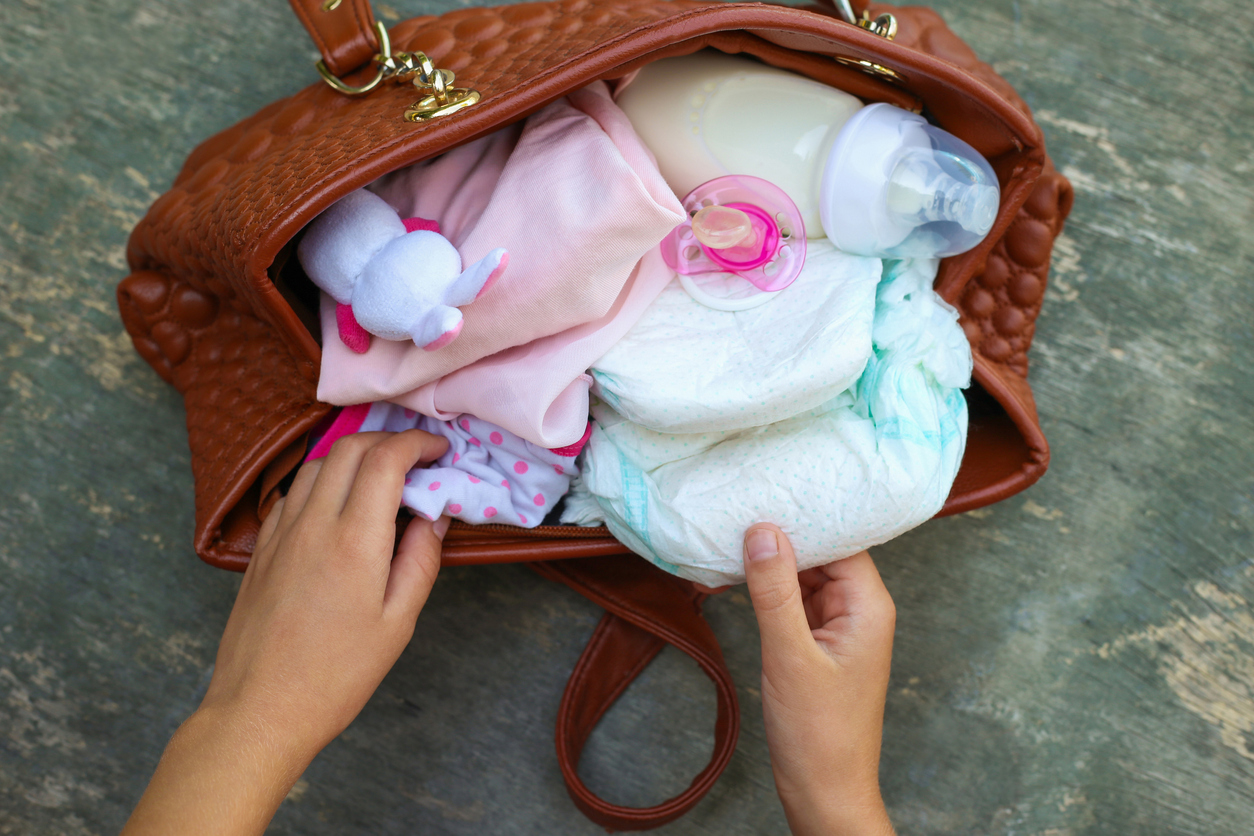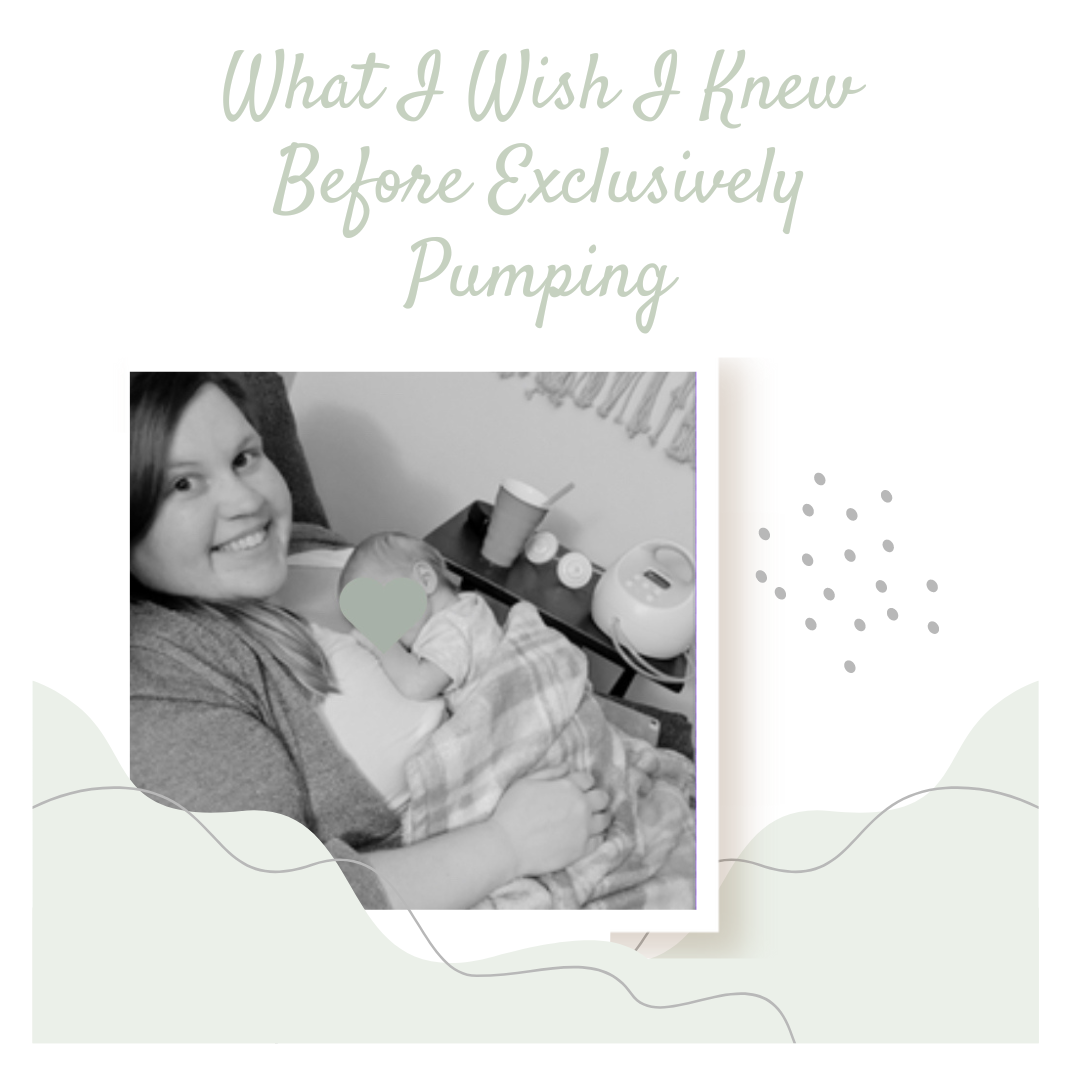The Benefits of Minimalism to Improve Mental Health

Living a practical and minimal lifestyle can have a significant impact on our mental health. The term “minimalism” refers to a style of living that prioritizes simplicity and the elimination of excess in all aspects of life, including possessions, relationships, and daily routines. In this blog post, we will explore the benefits of minimalism and what you can expect see when living a minimal lifestyle.
The psychological benefits of minimalism
Minimalism can bring many psychological benefits, including reducing stress, improving focus, increasing self-awareness, and enhancing relationships.
- Decluttering and reducing stress:
Clutter can be overwhelming and distracting, leading to increased stress levels. By decluttering and reducing the amount of stuff we own, we create a more peaceful and organized living environment. This can help us feel more in control and reduce feelings of anxiety.
- Improving focus and productivity:
Minimalism can help us focus on what is truly important in our lives and eliminate distractions. When we have less clutter, it is easier to find what we need and stay organized. This can improve our productivity and help us feel more in control of our lives.
- Increasing self-awareness and mindfulness:
Minimalism requires us to reflect on our values and what is truly important to us. This self-reflection can help increase self-awareness and mindfulness, which can lead to a greater sense of peace and well-being.
- Enhancing relationships and social connections:
Minimalism can also improve relationships and social connections. By reducing material possessions, we are forced to focus on what truly matters in our lives, such as our relationships and community. This can lead to deeper connections with others and a greater sense of community.
- Minimalism reduces anxiety
Minimalism can reduce anxiety by eliminating decision fatigue, creating a sense of control, promoting a healthy sleep schedule, and reducing financial stress. Here are some reasons why.
- Eliminating decision fatigue:
Making decisions can be exhausting, especially when faced with a lot of choices. Minimalism helps eliminate decision fatigue by reducing the number of choices we have to make. This can lead to a greater sense of control and reduced anxiety. - Creating a sense of control:
Minimalism gives us control over our possessions and environment, helping us feel more in control of our lives. This can lead to a reduction in anxiety and a greater sense of peace.
- Promoting a healthy sleep schedule:
Minimalism can help promote a healthy sleep schedule by reducing the amount of time spent on decision making and decluttering. This can lead to better sleep, which is crucial for overall mental health and well-being.
- Reducing financial stress:
Minimalism can also reduce financial stress by eliminating unnecessary spending and reducing debt. When we have fewer possessions, we are less likely to fall into debt or financial strain, leading to reduced anxiety and improved mental health.
Adopting a practical and minimal lifestyle
Adopting a practical and minimal lifestyle can be a gradual process, but it is is important for seeing the benefits of minimalism.
- Decluttering your life:
Start by decluttering your physical space and reducing the amount of possessions you own. Focus on what is important to you and eliminate anything that does not bring value to your life.
- Embrace a slow and intentional approach:
Minimalism is not about giving up everything you own overnight. Embrace a slow and intentional approach and focus on reducing possessions and clutter gradually over time.
- Set achievable goals for a more minimalist lifestyle:
Set achievable goals for yourself and focus on making progress gradually. Start by decluttering one room at a time or focusing on reducing a specific type of item, such as clothes or kitchen tools.
- Find a supportive community:
Surround yourself with like-minded people who support your journey towards a more minimalist lifestyle. Join online communities or attend local events to connect with others and share your experiences.
In conclusion, living a practical and minimal lifestyle can have a profound impact on our mental health. By decluttering, reducing decision fatigue, and promoting a sense of control, minimalism can help reduce anxiety and improve overall well-being. Adopting a minimalist lifestyle can be a gradual process, but with the right approach and support, it can lead to a happier and more fulfilling life. Remember to take things one step at a time and focus on what is truly important to you.
Minimalism is a lifestyle that emphasizes simplicity and the elimination of excess. By reducing possessions, decision fatigue, and financial stress, minimalism can help reduce anxiety and improve overall mental health. With the right approach and support, anyone can adopt a minimalist lifestyle and experience the many benefits it has to offer.



